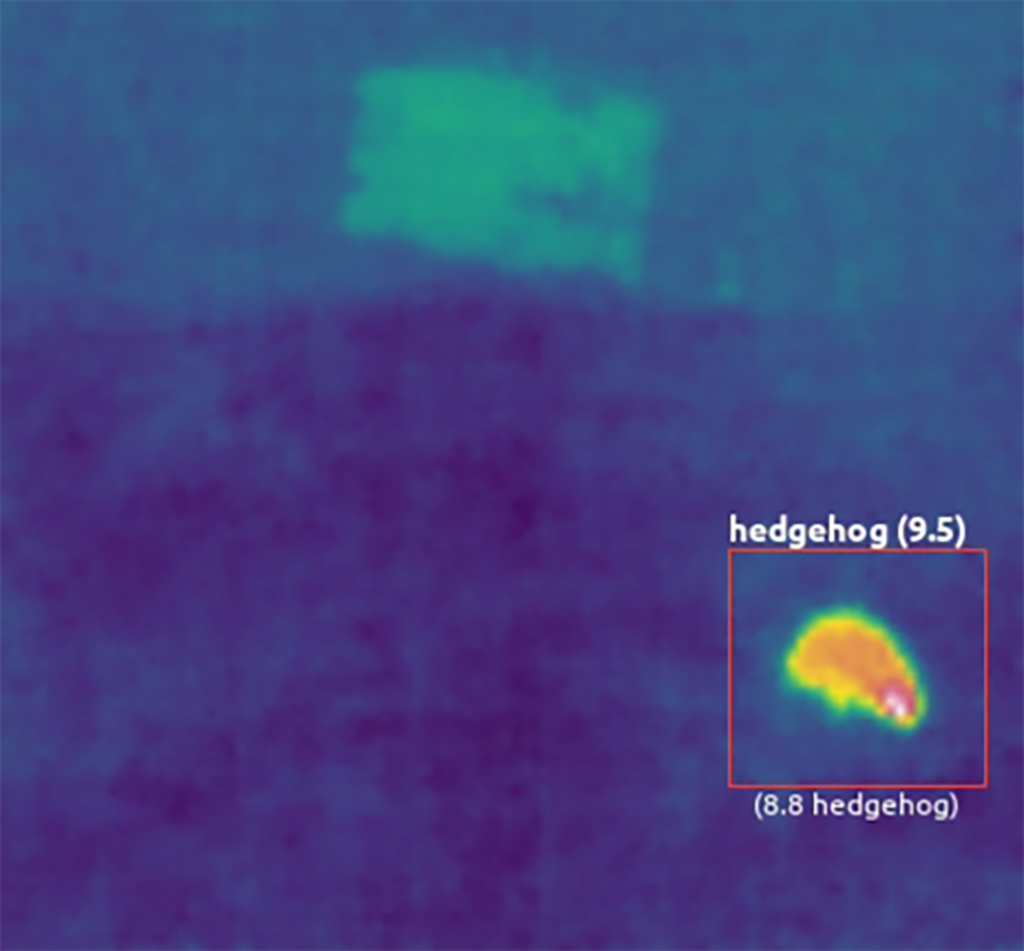
UC AI
University of Canterbury Artificial Intelligence Research Group
UC AI Researchers are working on some amazing projects. Here are just a few of them.
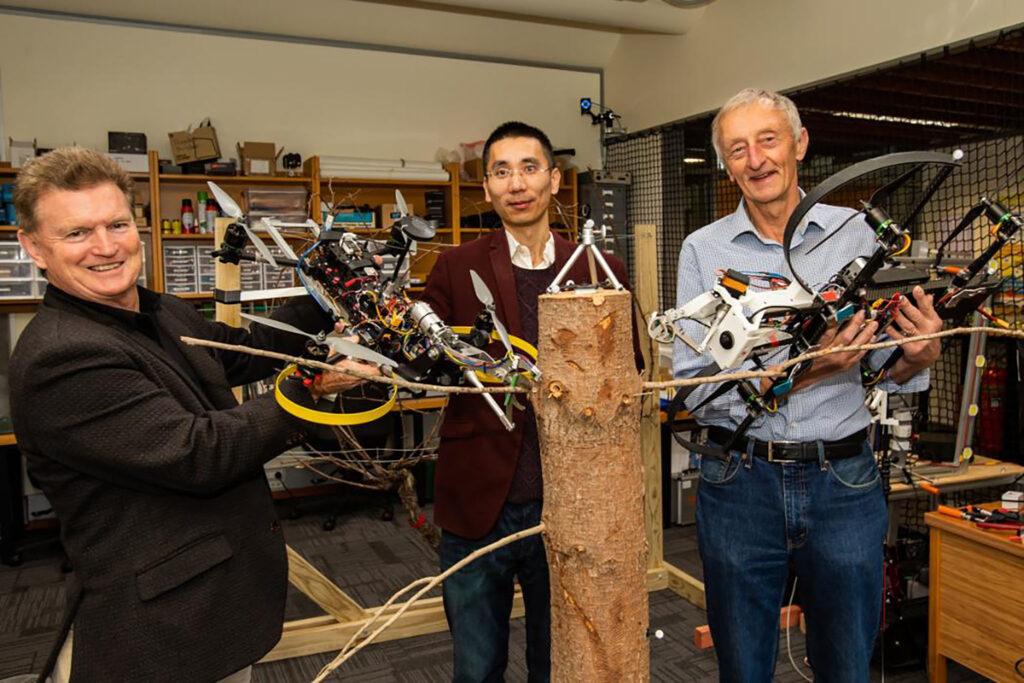
Drones with Tools
The research is focusing on UAVs using precision tools in changing dynamic environments, such as outdoors with hazards such as wind. The project is investigating drones which can be used around hazardous structures such as power pylons or in the construction and forestry industries.

Destress Your Stress
A mobile messaging-based conversational agent-led stress mindset intervention for New Zealand small-to-medium-sized enterprise owner-managers: effectiveness and acceptability study
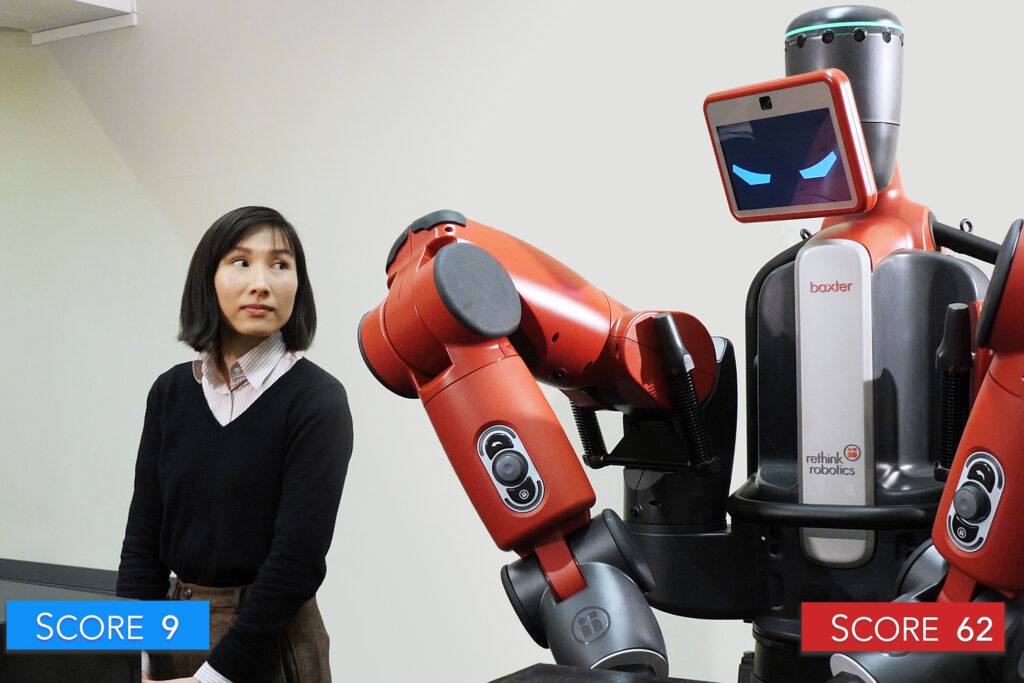
The Perceived Threat of Intelligent Robots
Against the backdrop of rapid advancements in AI, actuator, and sensing technologies, a new era of intelligent robots is on the rise, which in turn, are expected to interact and work alongside humans in everyday life.

Reboot and Recall
Brain region called the anterior thalamus could hold the key for memory function recovery after brain injury
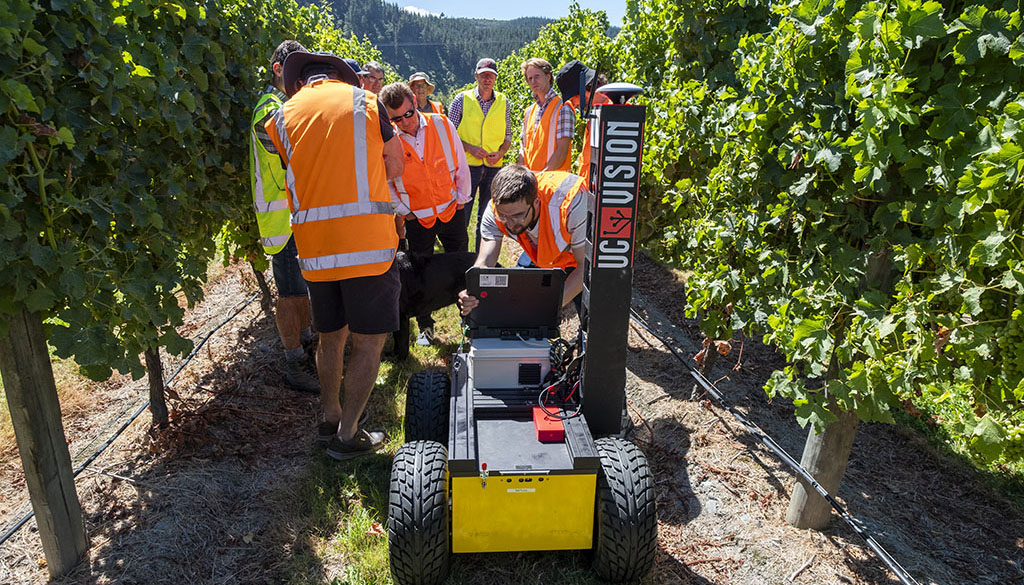
Occlusion Project
Developing a detailed, accurate digital 3D representation of a physical plant system at multiple growth stages to overcome occlusion, solving the greatest challenge to more extensively automating horticulture.
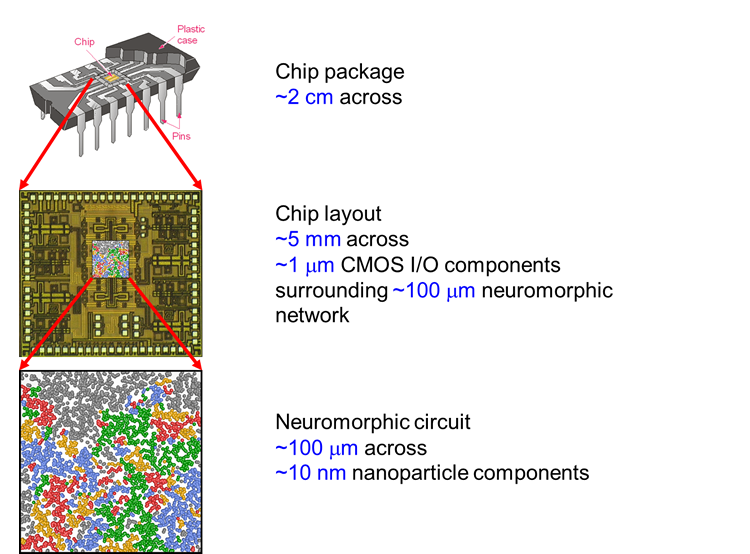
Neuromorphic Chips
Neuromorphic Chip technology developed in our group is focussed on opportunities where low power consumption is valued, such as in mobile devices.
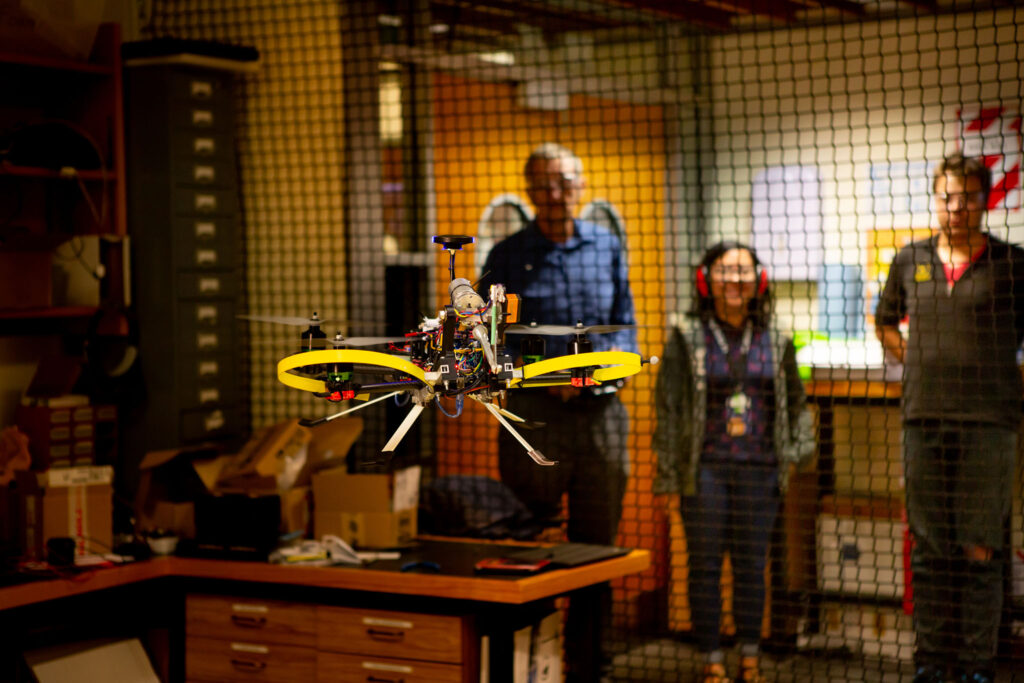
Drones Project
Enabling unmanned aerial vehicles (drones) to use tools in complex dynamic environments
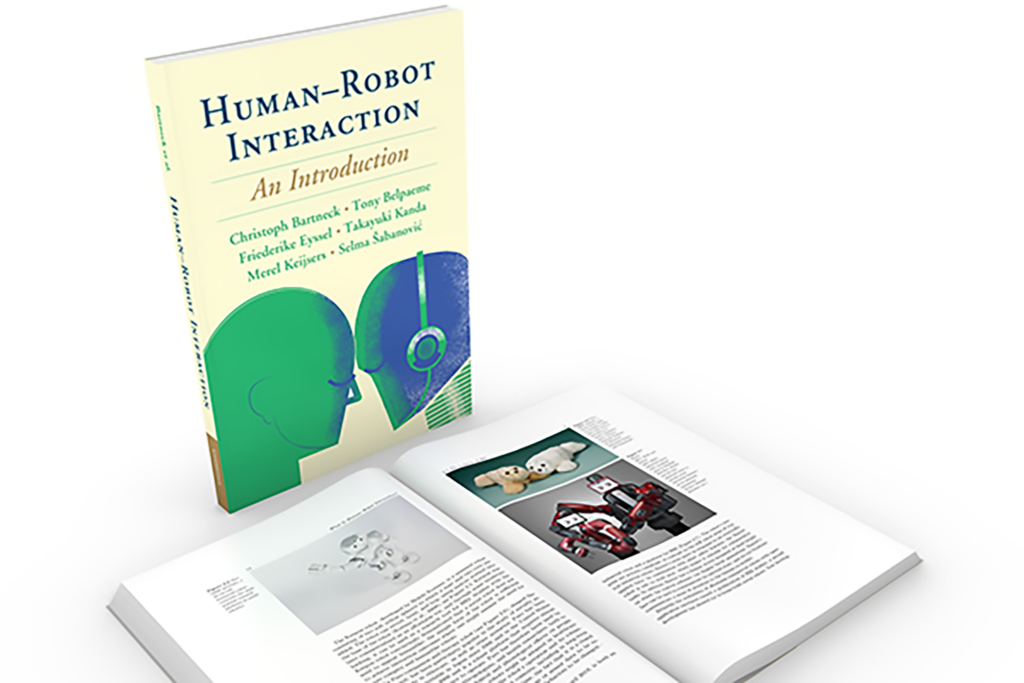
Human-Robot Interaction
The role of robots in society keeps expanding and diversifying, bringing with it a host of issues surrounding the relationship between robots and humans.
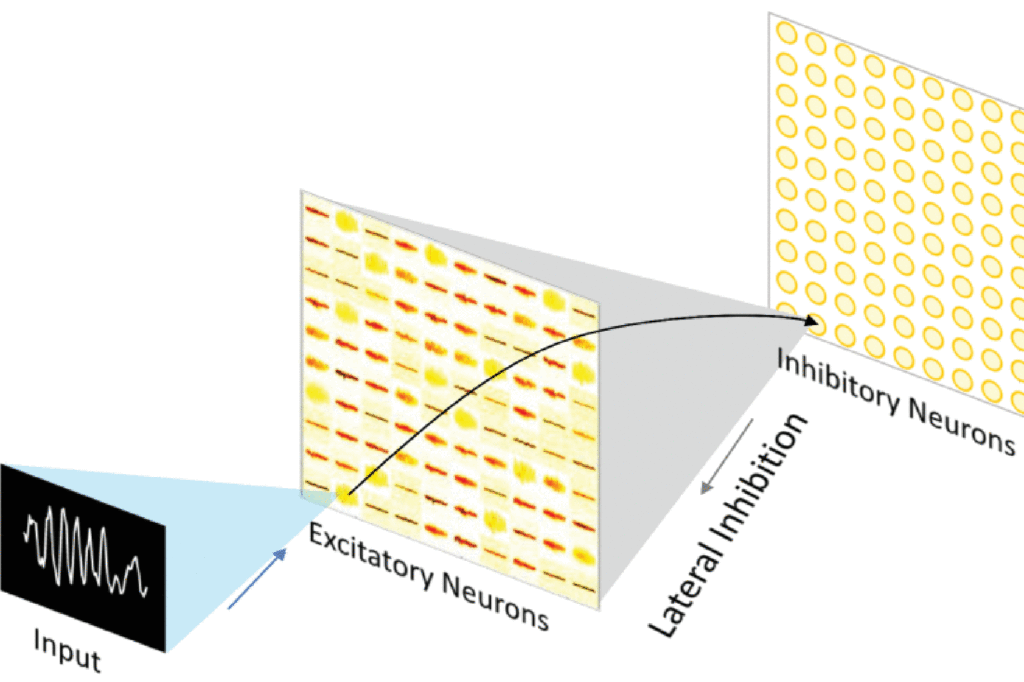
Spiking Neural Network
Spiking neural network (SNN) utilizes spike trains for information processing among neurons, which is more biologically plausible and widely regarded as the third-generation artificial neural network (ANN).
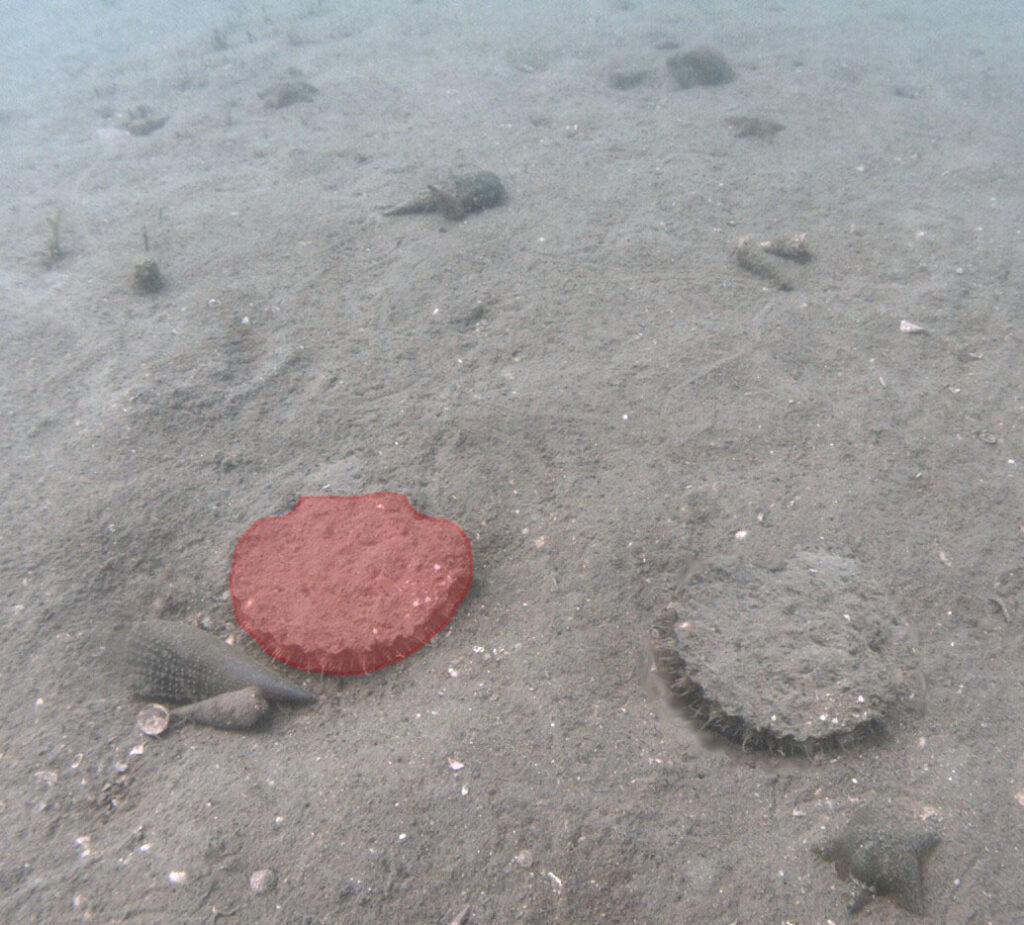
Transforming Scallop Fishing
Non-destructive surveying and harvesting for economic acceleration and kaitiakitanga (NIWA led MBIE project)

